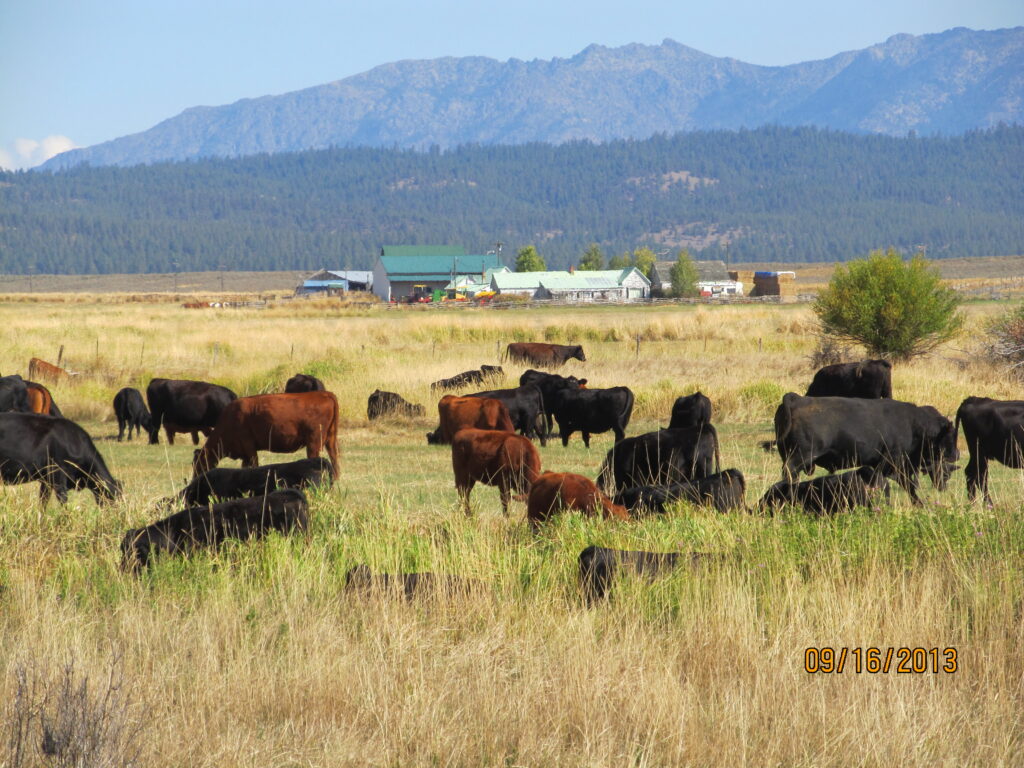A recent article "Can This Beef Cooperative Become ‘the West’s Largest Climate-Smart Ranching Program’?" on Civil Eats, highlights the audacious goal of Country Natural Beef (CNB), as a 100-member beef cooperative, to participate in a carbon sequestration program and track how much CO2 their members are capturing across 6.5 million acres. With the potential to sequester 1-4 metric tons of soil carbon per acre, that could translate to as much as 26 million tons of metric carbon/year or the equivalent of removing at least 1.3 billion gasoline-powered cars from the road for one year.

Long-time Holistic Management practitioner, Jack Southworth, who is a member of Country Natural Beef, has been practicing Holistic Management on his 12,700-acre ranch since the 1980s and has enrolled in CNB's Grazewell Program.
This program is in collaboration with Sustainable Northwest, who along with research partners received a $10 million grant from the USDA Climate Smart Agriculture Program to assist with scaling this project across the 6.5 million acres that the CNB members manage as one of the largest climate smart ranching program.
The Civil Eats article attempts to distinguish the difference between Holistic Management and Regenerative Agriculture, suggesting that regenerative agriculture focused more on "scientific indicators," despite the fact that the indicators they reference (bare ground, water infiltration, soil organic matter, and plant diversity) are the same indicators used in Holistic Management to determine ecosystem process function and health.
They also reference Hannah Gosnell's study which discusses the paradigm shift toward system thinking that is required to practice Holistic Management. Thus, the actual process of Holistic Decision-Making is what is hard to quantify, while the results achieved through using the various planning processes through indicators of improved land health and profitability are not. Even indicators of improved quality of life (like being able to take vacations) can be quantifiable but usually captured through qualitative research or self-reporting.
Jack Southworth is quoted as saying: “Let’s use Holistic Management for goal setting in quality of life, landscape, production, and let’s not argue about whether Holistic Management itself is scientifically valid. Instead, let’s use uniform, scientifically-supported monitoring and figure out if our rangelands are getting more diversified with healthier soils.”
The goal of the Grazewell program is to measure the results of any regenerative practice, which CNB, their collaborator Northway Ranch Services, and Sustainable Northwest defined as “any practice, process or management technique that increases the function of the systems on which it relies."
The Grazewell program completed baseline monitoring on ranches in 2021-2022 and ranchers will participate in educational programs with grazing planning support before data is collected again in 3-5 years to see what types of improvement occurred.
Click here to listen to a radio interview with Jack Southworth.
